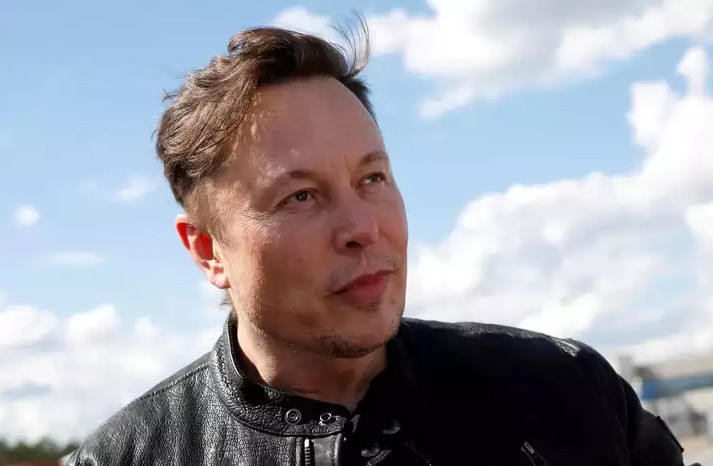Elon Musk's SpaceX satellite broadband subsidiary, Starlink, plans to launch internet service in India in December 2022, with 2 lakh active terminals subject to regulatory approval, a top business executive said on Friday. In a social media post, Starlink Country Director for India Sanjay Bhargava stated that pre-orders from India had surpassed 5,000 and that the business is eager to engage in rural regions to provide internet services.
Our stretch target is to have 2,00,000 terminals active in India in December 2022. Actual numbers may be much lower than that or even zero if we do not get government approval but it is very unlikely that we will exceed 2,00,000," Bhargava said.
In the beta stage, the business charges a deposit of USD 99 or Rs 7,350 per client and claims to offer broadband speeds ranging from 50 to 150 megabits per second.
In broadband, the company's services will compete with those of Reliance Jio, Bharti Airtel, and Vodafone Idea, and it will be a direct rival to Bharti Group-backed OneWeb.
Starlink was requested by a rural region in Goa. We will cooperate with rural constituencies that want to have 100% broadband. The majority of this will be delivered through terrestrial broadband, while hard-to-reach regions will be handled by satellite providers such as Starlink.
"We look forward to the day a rural constituency in India can declare itself to be 100 per cent broadband," Bhargava said.
The approval procedure with the government is complicated. Therefore yet, no application has been filed with the government, so the ball is in our court to file an application for consideration, which we are doing. If pan-India clearance takes a long time, our strategy would be to secure pilot permission as soon as possible.
"We are optimistic that we will get approval for a pilot program or Pan India approval in the next few months," the note said.
The note also explained uncertainty around the delivery of Starlink services due to shortage of semiconductor and liquid oxygen.
"The semiconductor shortage has affected the rate at which Starlink kits can be manufactured. There is a shortage of liquid oxygen which is required for the rockets to put more Starlink satellites into space. Global pre orders have crossed 5,00,000 and around 1,00,000 terminals are active so there is a big global backlog," the Starlink note said.


